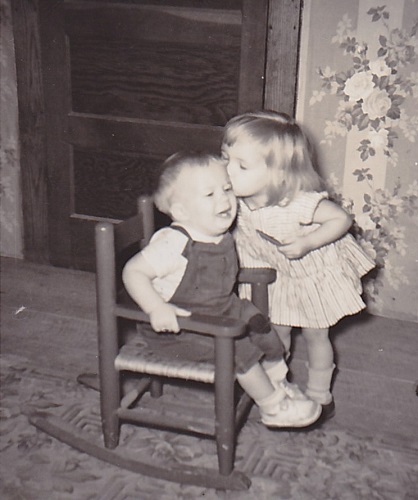Bumfuzzled
 All of us occasionally feel bumfuzzled. No matter what we do, we cannot find the answers we need.
All of us occasionally feel bumfuzzled. No matter what we do, we cannot find the answers we need.
We don’t know which way to turn or where to look for help. Our brains refuse to work. We are up a stump.
Bumfuzzled means confused.
We feel:
- Inadequate
- Frustrated
- Perplexed
- Anxious
- Bewildered
The answer to our bumfuzzled feelings often lies within our reach.
We may simply need to wait, to let it be. For example:
- If we relax, the answer frequently pops into our minds.
This happens for many of us in the middle of the night. I keep paper and pens in a bedside drawer for such moments.
- Physical activity also helps.
Increased blood flow improves our brains as well as our bodies.
Our change of focus makes everything fall into place.
- Confusion melts away.
- Vexation turns to vision.
- Purpose and meaning return.
We don’t need to sweat it when we find ourselves overwhelmed and unable to function.
However, we don’t want to stay there.
When we finally find what we need, we make a remarkable discovery. Along with the answers we sought, we also gained persistence and endurance.
“The Spirit helps us in our weakness. We do not know what we ought to pray for, but the Spirit himself intercedes for us through wordless groans”. (Romans 8:26)
Do you have an expression you want explained or a thought about this one? If so, please comment below.
Subscribe to receive my weekly posts by email and receive a free copy of “Words of Hope for Days that Hurt.”
If you enjoyed this post, please share it with your friends.


 Do you ever meet yourself coming and going? With
Do you ever meet yourself coming and going? With  Easy does it tells us to move slowly and carefully.
Easy does it tells us to move slowly and carefully.